C++ programmer's guide to undefined behavior: part 2 of 11
Your attention is invited to the second part of an e-book on undefined behavior. This is not a textbook, as it's intended for those who are already familiar with C++ programming. It's a kind of C++ programmer's guide to undefined behavior and to its most secret and exotic corners. The book was written by Dmitry Sviridkin and edited by Andrey Karpov.
C++ programmer's guide to undefined behavior: part 2 of 11
by Dmitry Sviridkin
From the article:
The compiler can be guided by the following logic: If the h value is positive—regardless of the c character—the h*27752 + c value will be positive: the c value is small, and there is no overflow. At the first iteration, h is positive, we sum up positive numbers. There are no overflows in a correct program, so at each iteration, the value will be positive. The result will be positive; we no need any check.

 In recent discussions around the use of std::move in C++, questions have arisen regarding its potential overuse and the compiler's treatment of its return values. Addressing concerns raised by developers like Jonathan Duncan, this article delves into the nuances of
In recent discussions around the use of std::move in C++, questions have arisen regarding its potential overuse and the compiler's treatment of its return values. Addressing concerns raised by developers like Jonathan Duncan, this article delves into the nuances of 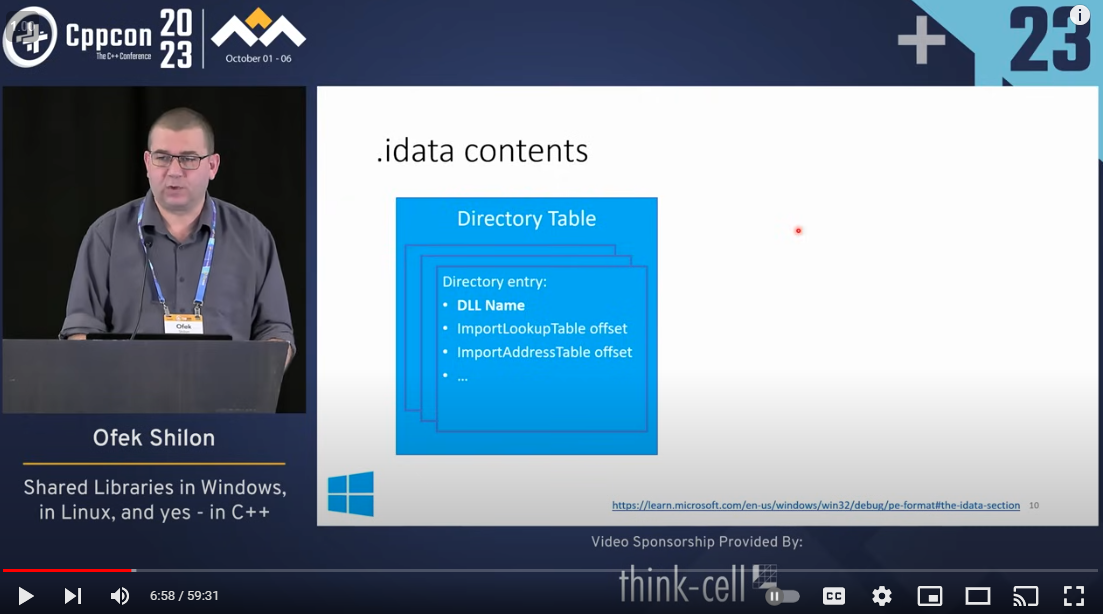 Registration is now open for CppCon 2024! The conference starts on September 15 and will be held
Registration is now open for CppCon 2024! The conference starts on September 15 and will be held 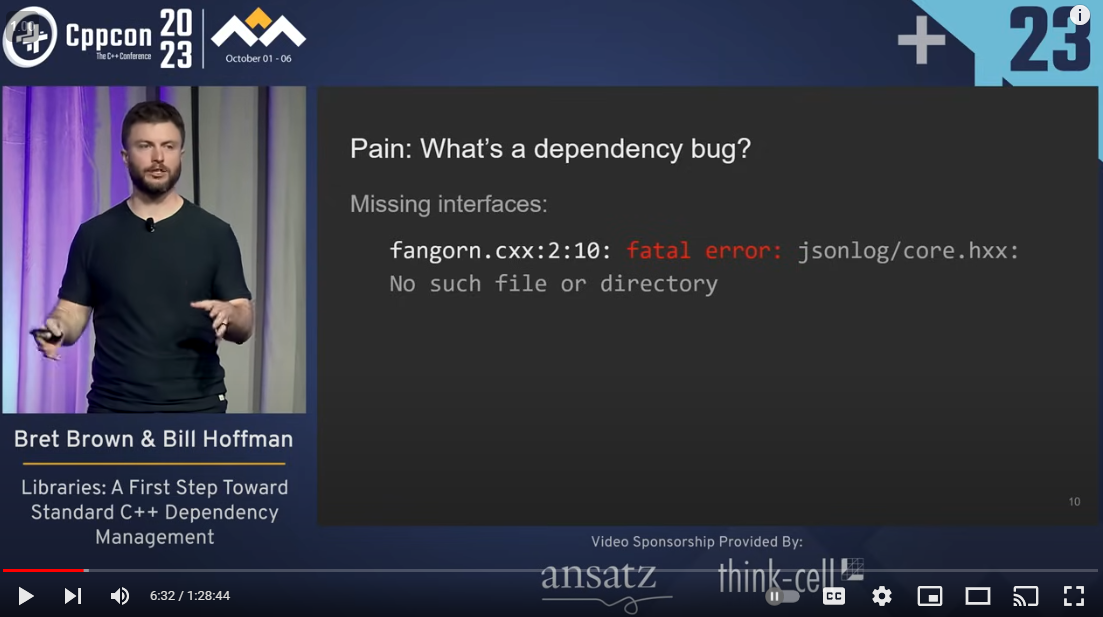 Registration is now open for CppCon 2024! The conference starts on September 15 and will be held
Registration is now open for CppCon 2024! The conference starts on September 15 and will be held  In this installment we are going to explore the relationships between trivial relocation and move assignments.
In this installment we are going to explore the relationships between trivial relocation and move assignments.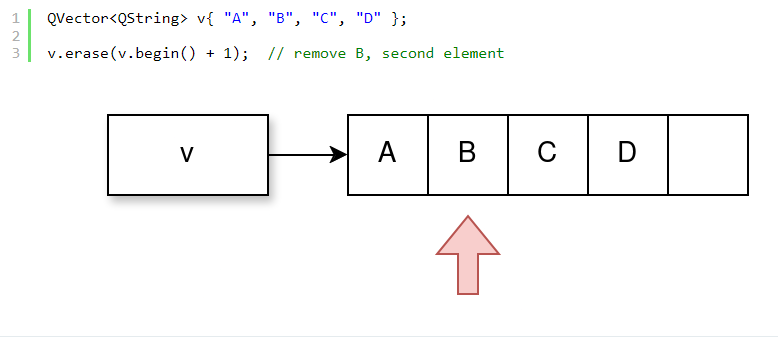
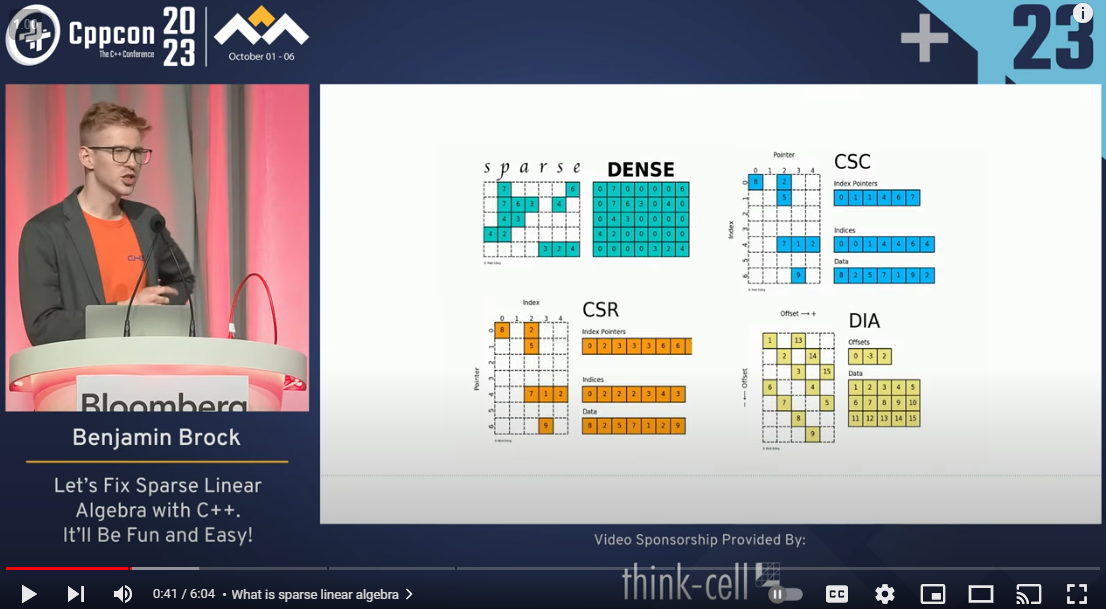 Registration is now open for CppCon 2024! The conference starts on September 15 and will be held
Registration is now open for CppCon 2024! The conference starts on September 15 and will be held 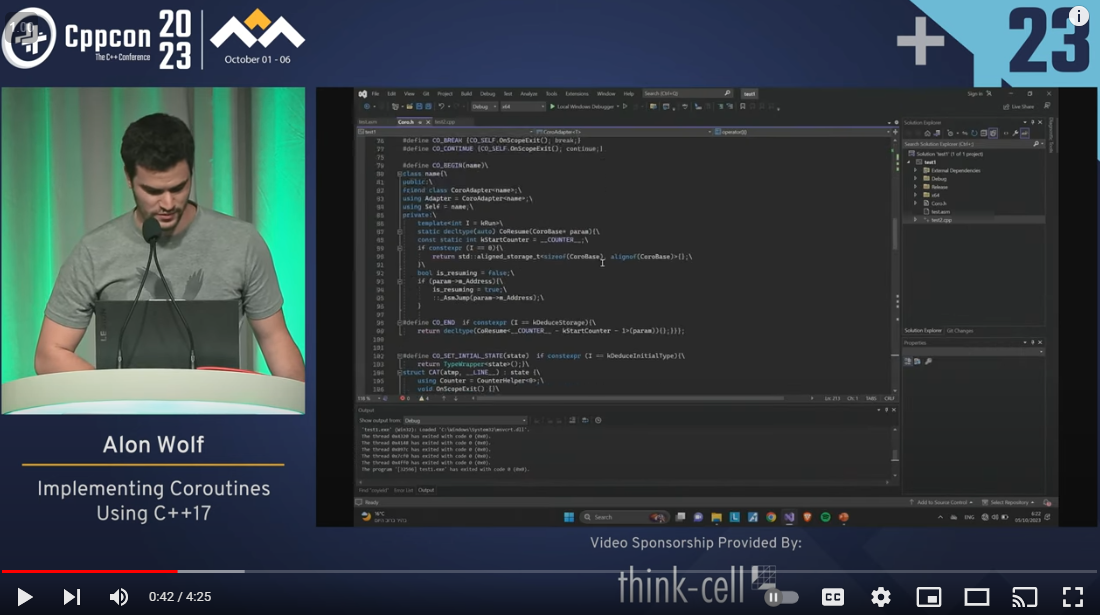 Registration is now open for CppCon 2024! The conference starts on September 15 and will be held
Registration is now open for CppCon 2024! The conference starts on September 15 and will be held 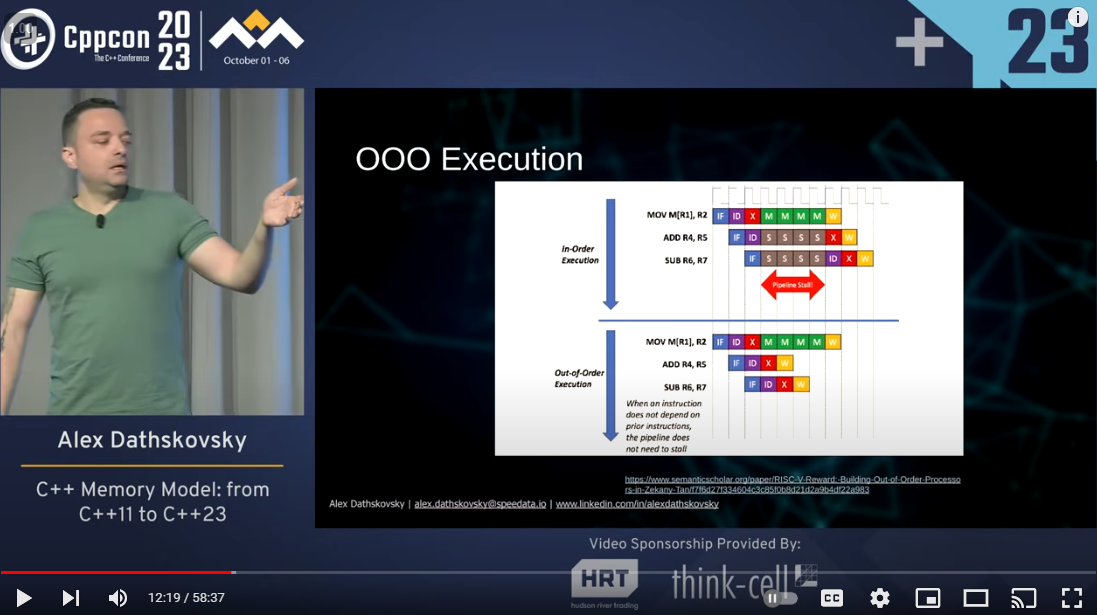 Registration is now open for CppCon 2024! The conference starts on September 15 and will be held
Registration is now open for CppCon 2024! The conference starts on September 15 and will be held